Gamification, the integration of game mechanics into non-game activities, has been gaining momentum in various fields. From education to employee training, gamification has proven to be an effective tool in engaging and motivating individuals to achieve desired outcomes. And now, with the progress of artificial intelligence (AI), gamification is reaching new heights, revolutionizing the way we learn, work, and interact.
AI, the simulation of human intelligence in machines, has opened up a world of possibilities for gamification. By leveraging AI algorithms, gamified systems can now adapt and personalize experiences based on individual preferences and behavior. This level of customization not only enhances user engagement but also optimizes learning and performance outcomes.
One area where gamification and AI are making significant breakthroughs is in education. Traditional education methods often struggle to capture and maintain students’ attention. However, by incorporating gamified elements such as points, badges, and leaderboards, AI-powered educational platforms can transform learning into an immersive and enjoyable experience.
AI algorithms analyze students’ performance data and provide personalized feedback and recommendations. This individualized approach helps students stay motivated and engaged, as they receive real-time feedback and guidance tailored to their specific needs and learning styles. Additionally, AI-powered gamification platforms can adapt the difficulty level of tasks based on students’ progress, ensuring a challenging yet achievable learning experience.
Another area where gamification and AI are making waves is in employee training and development. Traditional training methods often lack interactivity and fail to provide long-term engagement. However, by incorporating gamified elements and AI algorithms, organizations can create immersive training experiences that enhance employee retention and knowledge retention.
AI-powered gamification platforms can simulate real-life scenarios and provide employees with interactive challenges and simulations. These platforms can track employees’ progress and provide personalized feedback and recommendations for improvement. By making the learning process engaging and interactive, organizations can ensure that employees are actively involved in their development, leading to improved performance and productivity.
Furthermore, gamification and AI are transforming the way we interact with technology. Voice assistants, chatbots, and virtual reality experiences are becoming more prevalent, providing users with personalized and immersive experiences. AI algorithms analyze user preferences and behavior to deliver tailored content and recommendations, creating a more engaging and interactive user experience.
As gamification and AI continue to evolve, the possibilities are endless. From healthcare to marketing, these technologies have the potential to revolutionize industries and enhance user experiences. By leveraging the power of AI, gamification can become even more personalized, adaptive, and effective, leading to breakthroughs in various fields.








